NICCOLÒ FALSETTI: MARGINS/MARGINI
SLINFATTI, CREATINI AND TURBANTI IN MARGINI
Wailing in the sticks
This is the tale of three young guys in long ago 2008 (Emanuele Linfatti, Edoardo; Matteo Creatini, Iacopo; and Francesco Turbanti, Michele) in a "street punk" band who live in the provincial Italian town of Grossetto. They are definitively on the margins, and what they want to achieve is frustratingly out of reach. Don't we all experience this situation sometimes? Turbanti and Falsetti did actually start a punk band in Grossetto, PEGS, which still exists. They're basically here having fun with their own experience, ramping up the isolation and the boredom.
Their dream is to do something big and their effort to stage a concert featuring a known US band in their hometown, frustrated at every turn, is funny, a little heartbreaking and ultimately heartening. It starts when they get their big chance to open for the band "The Defense" in Bologna and then the whole concert is cancelled. On a whim, they get up their courage and call The Defense and invite them to play in Grossetto. They say yes.
This is when their real trouble begins. The Defense want airfare from Russia to Italy. They have a shopping list of equipment to be supplied for their gig that a local entrepreneur says will cost them 4,000 euros to rent. Then one of the three, who plays classical cello, gets a replacement gig he can't say no to - to play under the baton of Daniel Barenboim - and the rehearsal is scheduled the day of the Grossetto punk concert.
"Miche" in his late twenties is the most passionate and the oldster of the trio, who has a long-suffering wife, Margherita (Silvia D’Amico) and school-age daughter. "Iac" and "Edo" still live at home and get their laundry done for them. They are all in a way grownup children, but above all they are losing themselves in the violent noise of late blooming Italian punk music - and the struggle to get it heard locally - to escape the boredom and very un-Italian ugliness of this town in the Maremma (once swampland) that no tourist ever visits, or Italian either. Its abandoned weed-infested little traffic circle, a visible road to nowhere, is its signature image.
And this is of course a tale of male bonding and togetherness. When Iac is presumably out of the planned big gig - for which they have found neither the venue nor the equipment - he still participates in the desperate but enthusiastic efforts to pull things together. The hilarious climax in that is when they trash a hated disco, the Eden, whilst stealing a mixer they need, because they want to make it look like a burglary, and they get really carried away, smashing everything, setting off the sound system, and spraying each other with a fire extinguisher. It is, in a way, the punk concert of your dreams.
This debut film premiered in in Venice’s Critics' Week and there got favorable nods from Alex Ritman in Hollywood Reporter and Lee Marshell in Screen Daily. Marshall called Margins "a debut that may crowd-surf on good reviews and word-of-mouth well beyond its home market." It has something extra, more affectionate than mocking, more about the young male bonding than the music, but in every moment affectionate and true. The cinematography by Alessandro Veridiani is splendid and the closing credits are briliant and make you want to sing along. A tribute to the passion and togetherness of youth.
Margins/Margini, 93 mins., debuted Sept. 2, 2022 at Venice Critics' Week (Quinlan review of Margins by Raffaele Reale.) It was released in Italy Sept.8. and later shown in several other festivals. Screened for this review in Open Roads: New Italian Cinema (Jun. 1-8, 2023) at Lincoln Center in collaboration with Cinecittà.
Sunday, June 4 at 12:00pm (Q&A with Niccolò Falsetti)



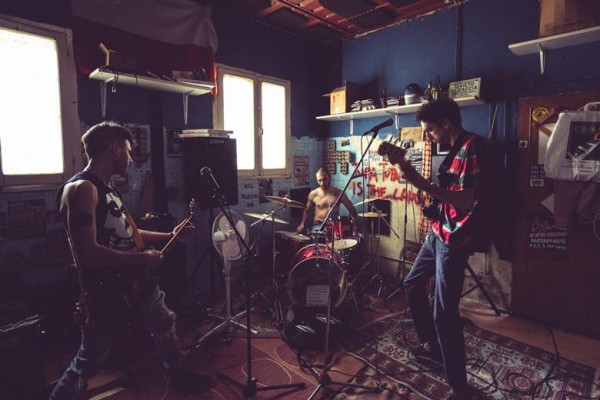

 Reply With Quote
Reply With Quote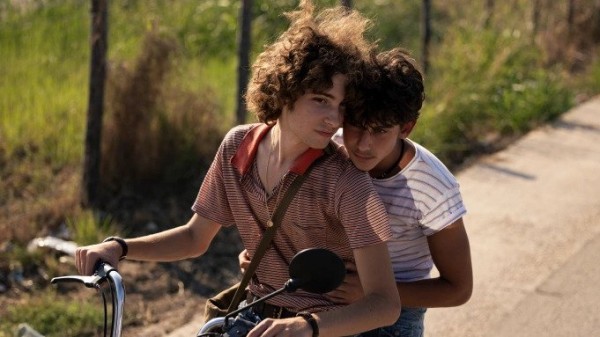
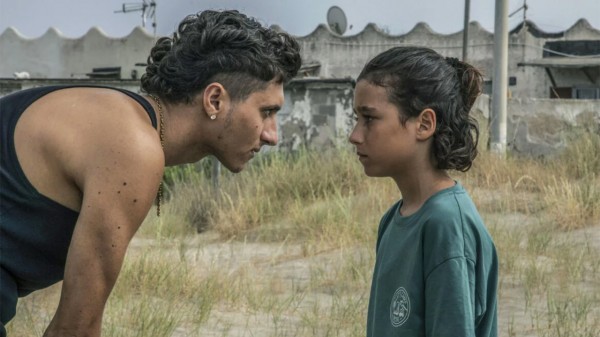
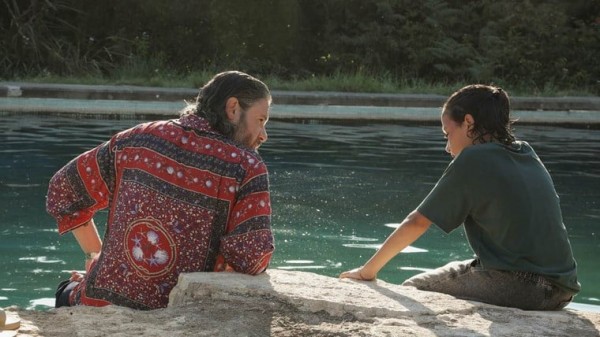
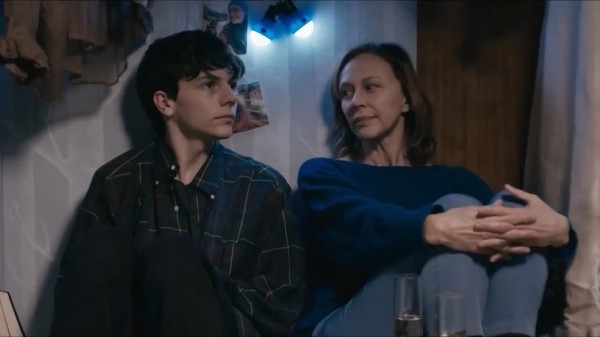
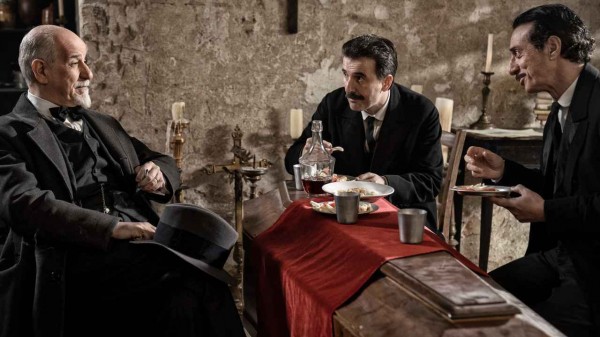
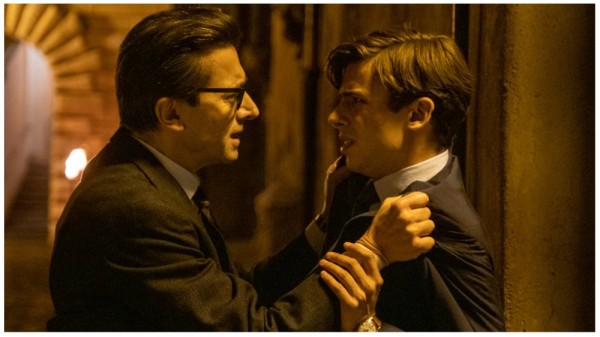
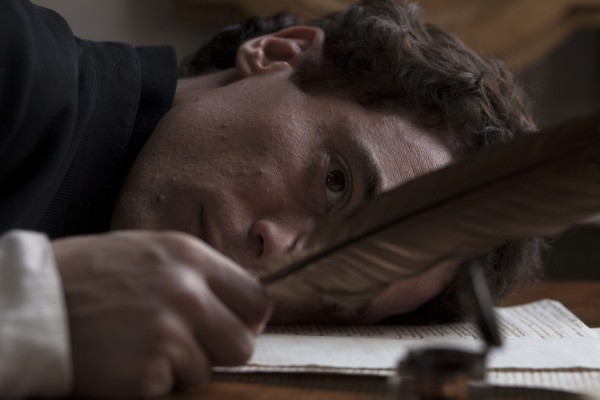

Bookmarks